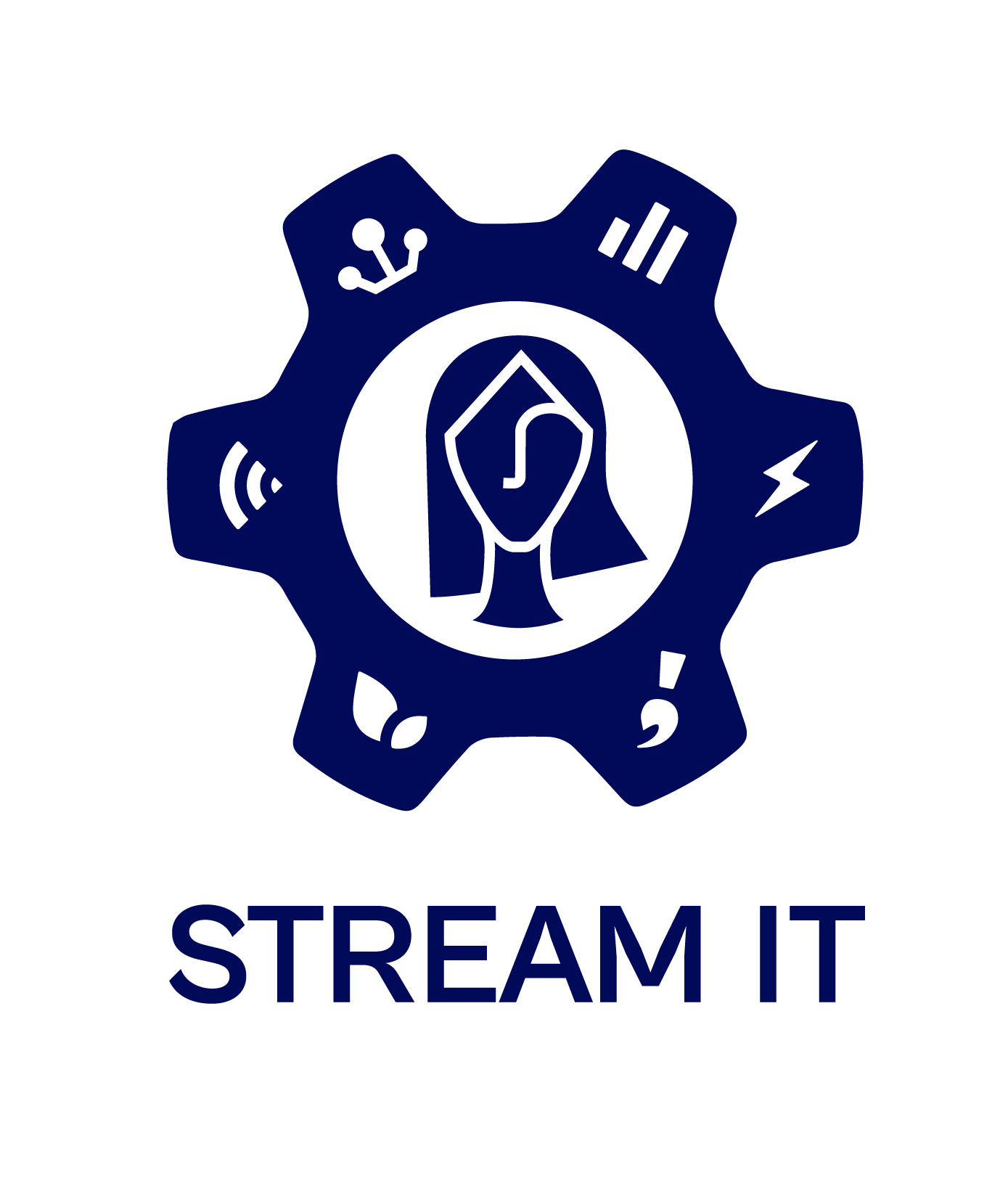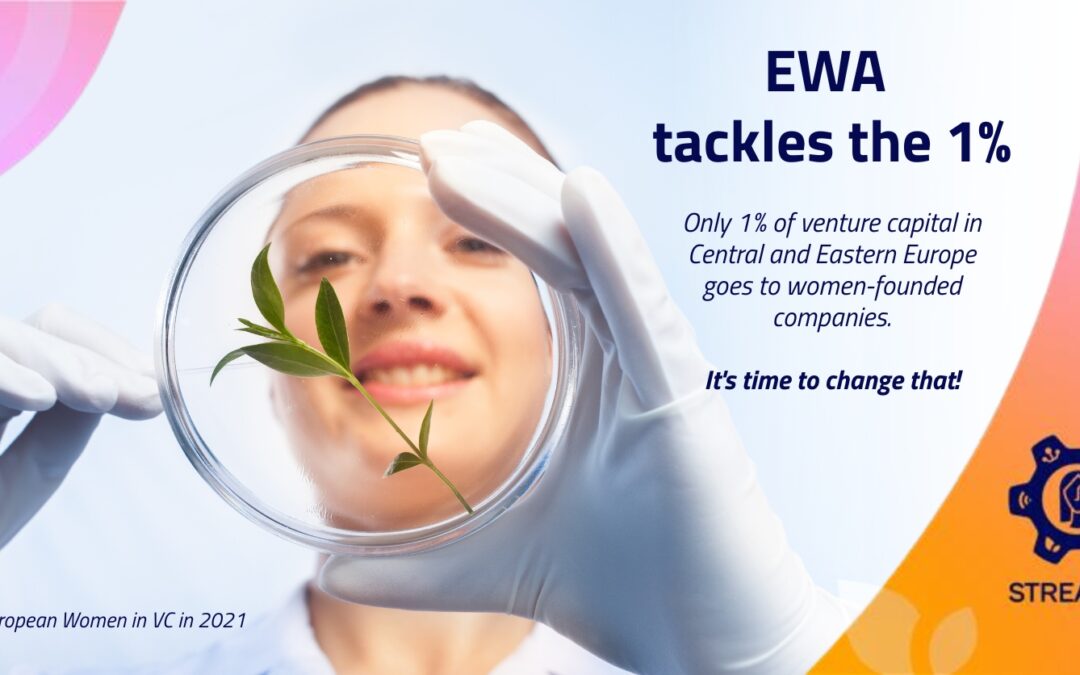Women in the agrifood sector, which is heavily reliant on STEM graduates, still face serious obstacles at the very beginning of their entrepreneurial journey, despite many initiatives in support of gender equality. These barriers, particularly those related to education and early-stage support, can have long-lasting impacts on women’s ability to succeed in STEM-related agrifood innovation. A shocking (or not?) statistic from a report published by European Women in VC in 2021 shows that women-founded companies in all sectors in Central Eastern Europe received only 1% of VC capital, with 5% going to mixed founders and a whopping 94% to all male teams.
Here’s a closer look at the key challenges, as identified by the 2024 EIT Food report How to empower women innovators in agrifood? which diagnosed the situation of female entrepreneurship and women in the agrifood sector in 15 countries across CEE: Bulgaria, Czech Republic, Croatia, Estonia, Hungary, Latvia, Lithuania, Montenegro, North Macedonia, Poland, Romania, Serbia, Slovakia, Slovenia, Ukraine. The rapport then went on to map those countries to understand the current level of female and agrifood entrepreneurship support.
Confidence and Self-Belief Women often enter the agrifood innovation space with less self-confidence than their male counterparts. This can prevent them from joining entrepreneurial programmes or pitching their ideas assertively. Educational initiatives often overlook the importance of building leadership and self-efficacy skills. If women are to fully unlock their entrepreneurial potential, teaching leadership skills need to be better integrated into curricula.
A Gap in Startup Literacy Many women in agrifood innovation come from STEM research or scientific backgrounds and are unfamiliar with startup ecosystems. Unlike tech-focused entrepreneurs, they may not naturally gravitate toward acceleration programmes or venture funding, sometimes perceiving them as irrelevant to their work. Bridging this gap requires targeted education that demystifies business planning, funding models, and the growth mindset typical of startups.
Gender-Sensitive Empowerment Although there are general entrepreneurship programmes available across the CEE region surveyed in the report, few are tailored specifically to the needs of women, even those who have excelled in their respective STEM fields. Those that do exist must do more than offer token support; they need to create safe, inclusive environments where women can thrive. That means recognising the unique strengths women bring to entrepreneurship, not asking them to conform to traditionally male norms.
Diverse Experience Levels Female entrepreneurs enter the agrifood space with a wide range of backgrounds, from complete beginners to seasoned professionals. This diversity can complicate the design of one-size-fits-all programmes. More effective initiatives create multiple learning tracks or customise content to match different levels of experience and maturity.
Geographic Disparities Rural women often face additional hurdles, simply because support and training opportunities are usually concentrated in major cities. For those working in agrifood, an industry often rooted in rural communities, this geographic gap can be a serious disadvantage. Ensuring remote access to resources and support is essential for achieving equal opportunities.
If we are serious about empowering women in STEM, especially in the agrifood sector, then early-stage education and support must become more inclusive, more targeted, and more accessible. Confidence-building, business literacy, and gender-sensitive programme design aren’t optional extra, they’re essential foundations for helping women succeed as agrifood innovators.
A Step Forward - The EWA Programme by EIT Food
One initiative that directly addresses many of these challenges is EIT Food’s Empowering Women in Agrifood (EWA) programme. EWA is a comprehensive 6-month entrepreneurial programme designed to support and advance female entrepreneurs in the agrifood sector. It has been implemented in 18 countries in Central, Eastern, and Southern Europe and is one of only a handful of programmes aimed at women in agrifood in these countries. Between 2020-2024 more than 460 female entrepreneurs have received support, mentoring and training from EWA.
Key Features of the EWA Programme
- Training and Mentorship: EWA provides personalised mentoring and business coaching, along with specialised training on entrepreneurship and sector-specific challenges.
- Community and Networking: Participants become part of a dynamic network of over 500 women entrepreneurs and mentors. This community offers invaluable opportunities to connect with investors, technologists, and key stakeholders in the agrifood ecosystem.
- Funding Opportunities: The programme includes a competitive element, offering financial support to help scale the most promising business ventures headed by women.
- Impact and Support: EWA has empowered numerous female entrepreneurs by building their confidence, strengthening their skills, and supporting the launch and growth of their businesses.
- Tailored to Specific Needs: EWA is flexible and inclusive, addressing the unique needs of participants from different backgrounds, especially those in rural or underserved areas, by focusing on early-stage entrepreneurs with innovative ideas.
EWA alumni include STREAM IT Ambassador Antoniya Georgieva, who completed the programme in 2022. Recent winners include Claudia Calzada, CEO & Co-founder at Generación Agro (Spain), İpek Tüysüzoğlu, founder of Yugen (Turkey), Martina Jelcic (Zelenakova), founder of Shupka (Chekia), and Fruzsina Farkas, founder of The Green Sommelier (Hungary).
EWA’s targeted support can remove barriers and foster inclusive growth. It not only helps individual women succeed but also contributes to the broader goal of creating a more gender-equitable, sustainable, and innovative agrifood sector.
This year’s edition of EWA is now open for applications! In 2025 it will run in Albania, Estonia, Greece, Italy, North Macedonia, Poland, Portugal, Romania, Serbia, Slovenia, Spain, Turkey and Ukraine. If you are a woman with a passion for agrifood and a business idea or an early-stage startup, and need guidance to grow it, find out more here: EWA | Empowering Women in Agrifood – EIT Food
To truly empower women in the STEM-driven agrifood sector, then early-stage education and support must become more inclusive, more targeted, and more accessible. Confidence-building, business literacy, and gender-sensitive programme design aren’t optional extras, they’re essential foundations for helping women succeed as agrifood innovators.
Author

EIT Food CLC North-East
Anna Hadrych is a Communication and Events Project Manager at EIT Food CLC North-East with a background in marketing and stakeholder engagement within the food sector. Currently working on EU-funded FEASTS project devoted to sustainable cultured meat and seafood technologies and their impact on the food system, and Sustain-a-Bite, valorising underutilised crops and food production side streams.

